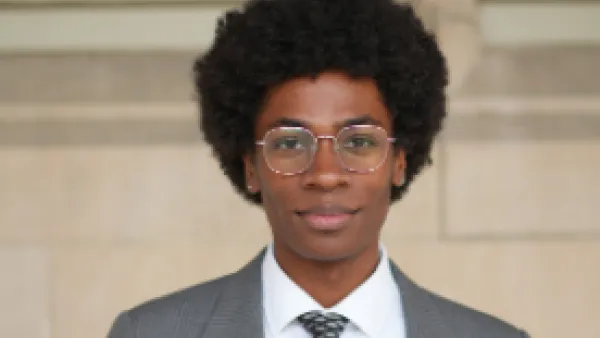Jisung Lee is a junior at WashU pursuing a major in Philosophy-Neuroscience-Psychology and a minor in East Asian Language and Cultures. Originally from Seoul, South Korea, he has since lived in several different cities, both small and large, and credits his experiences with different cultures and people for having shaped him, as a writer and an individual.
When I applied to Washington University, I felt like it was a new chapter in my life. It was natural for me to come to WashU as a blank slate, hoping to find what I wanted to fill my pages with. Of course, everyone needed an outline or guide, and art served that role for me. I hadn’t chosen art, exactly. It just felt like the natural step for me to take. I had been an art student for many years, and so I applied and was accepted as a student of the Sam Fox School of Design and Visual Arts.
That path changed before I even arrived on campus. I didn’t change course direction on impulse. The fact of the matter was, I didn’t enjoy art anymore. College is a new chapter in the life. Did I really want to pursue a field, not driven by love or interest, but out of habit? It also helped that WashU is very lenient in changing schools and majors within the university. Once you are accepted, you are a WashU student and a seemingly spontaneous change of heart doesn’t affect that.
So, now an undecided student in Arts & Sciences, I truly was a blank slate. With no vision and now lacking a guiding major as well, I was lost. I guess that is was why it was easy for me to be swept up in the hype of pre-med. WashU has a reputation of being an elite institution for medical research and all things related to medicine, and this feature attracts the brightest young minds who hope to take advantage of the endless opportunities and resources the university has to offer.
When I arrived on campus, many of my friends were on the pre-med track, intelligent and ambitious students with a clear vision and drive for what they wanted. It was both intimidating and inspiring at the same time. So when people asked, “What are you studying?” I answered, “I’m undecided, but I’m pre-med.” While I knew all along I wasn’t that interested in studying medicine, associating myself with the pre-med idea allowed me to feel like I knew what I was doing. I felt like I belonged.
“I started taking classes in psychology-neuroscience-philosophy because it sounded cool and interesting: psychology, neuroscience, and philosophy? They were three subjects that seemed so similar yet also so different.”
It took me longer than I am proud of to accept that I was simply not made for medicine. I was a bad pre-med student, and to make matters worse, I did not enjoy the experience at all. I had made the same mistake again. Instead of searching for what I felt was right for me and what I enjoyed, I had selected a field for the wrong reasons. Blinded by what studying medicine stood for and the reputation it would bring not on campus and after graduation, I had neglected myself.
I started taking classes in psychology-neuroscience-philosophy because it sounded cool and interesting: psychology, neuroscience, and philosophy? They were three subjects that seemed so similar yet also so different, and the opportunity to say I studied all three was too enticing to pass up. Of course, this could have ended poorly as well; I could have realized philosophy simply didn’t “fit” me either, and I would have needed to search for something else entirely. I may have returned to art, as it was something I knew how to do, at least. Once I started taking classes in PNP, however, I realized the abstract nature of philosophy actually appealed to me. Add to that the more concrete structure of psychology and neuroscience and PNP ended up being the right path to take.
I realized it felt right to be discussing whether water was indeed H2O (Philosophy of Language) or if subjectivity was a lie (Art & the Mind Brain). As opposed to discussions about why a bowling ball and a pinball reach the ground at the same time if dropped simultaneously (Physics 191). While many students in the STEM field seemed to connect more with tangible subjects, I found that I enjoyed malleable, conceptual topics. PNP just felt right. I found that I liked sitting around contemplating issues that ultimately don’t have an answer.
Now, as a junior, I wish I could speak more on my experiences as a PNP major, and expand on how fantastic it is to think about questions like, “Is it right to push an unconscious friend to his death if you are stranded and being suffocated by his weight on a mountain?” I can tell you that, while the role that philosophy plays in bridging the human mind/brain with physiology is definitely difficult to grasp and borderline awkward to think about, the relationship between the abstract mind and the physical workings of human anatomy and physiology is definitely fascinating. I’m just getting started in this field of study, and yet, instead of dread, I feel a sense of excitement for what is to come. That’s when you know you’ve found the major that’s right for you.
Over the next few weeks, departments and programs across Arts & Sciences are hosting welcome events where you can learn more about the different majors and minors they offer. Stop by and find something that interests you.

